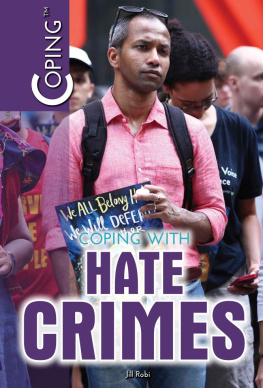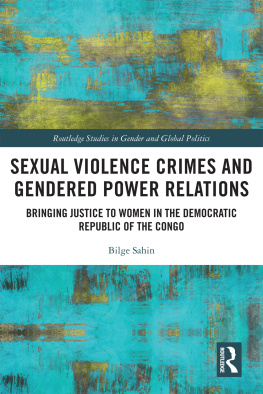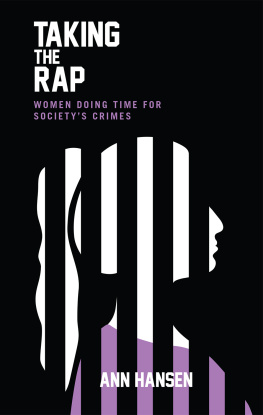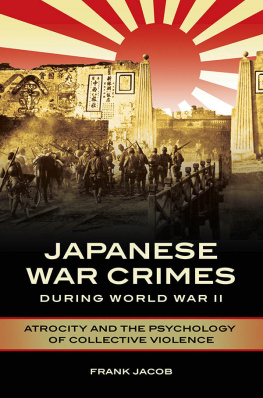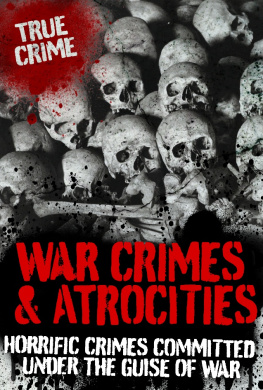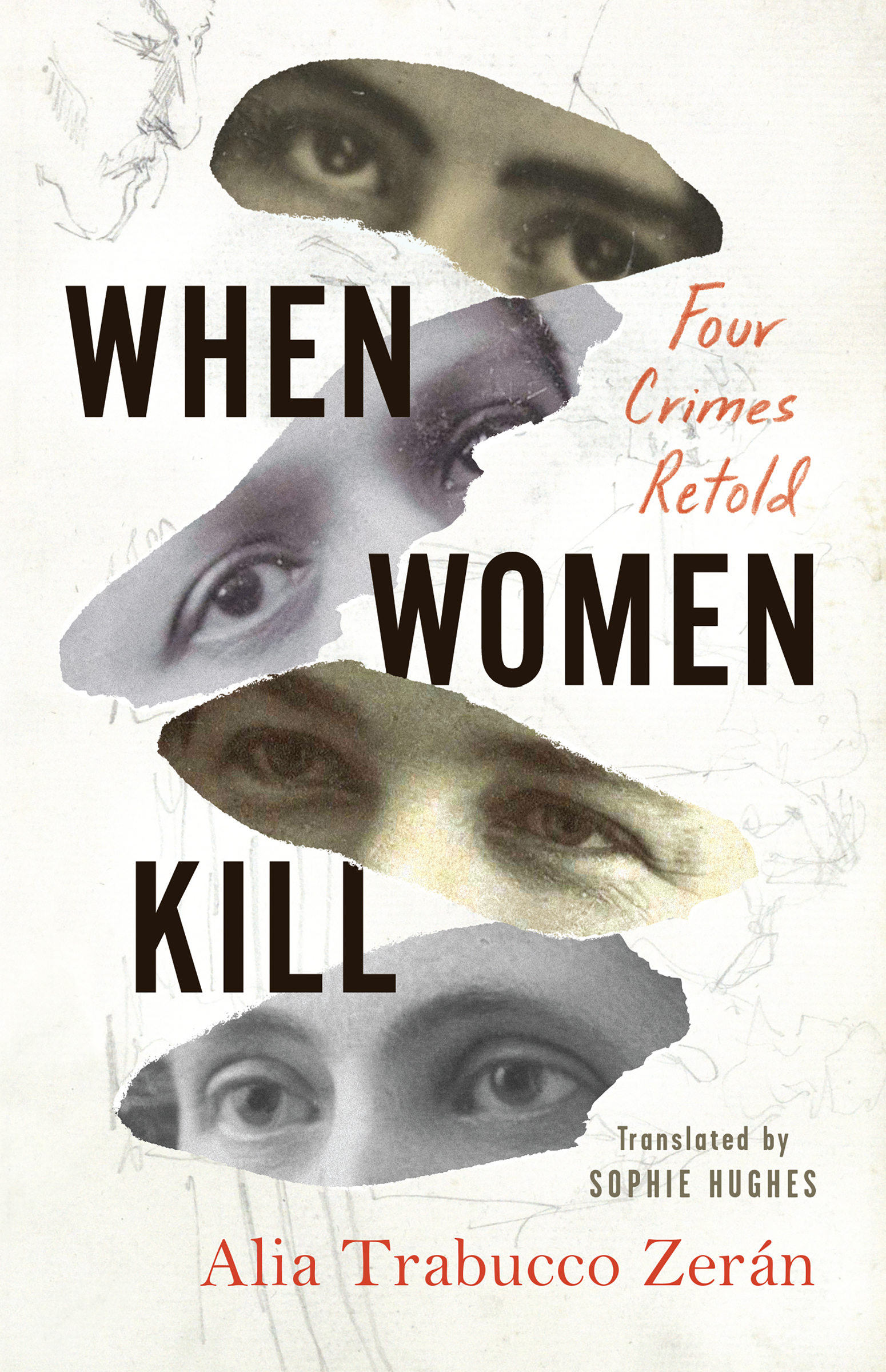Contents
Guide
Pagebreaks of the print version
Praise for The Remainder
Kirkus, Best Fiction of 2019
Kirkus, Best Fiction in Translation of 2019
Shortlisted for the 2019 Man Booker International Prize
Vanity Fair, Best Books of 2019
Entropy, Best of 2019
A lyrical evocation of Chiles lost generation, trying ever more desperately to escape their parents political shadow.
Man Booker International Judges
This novel is vividly rooted in Chile, yet the quests at its heartto witness and survive suffering, to put an intractable past to rest are universally resonant.
Publishers Weekly
A centrifugal story of death, history, and mathematics a debut that leaves the reader wanting more.
Kirkus
You could call The Remainder a literary kaleidoscope: look at it one way and you see how the past lays a crippling hand on the generation that follows political catastrophe; shift the focus and youre plunged into a darkly comic road trip with a hungover trio in an empty hearse chasing a lost coffin across the Andes cordillera.
The Spectator
While writers such as Pedro Lemebel and Jos Donoso have explored the regimes impact on those who lived through it, Zern is concerned with the next generation. Felipe, Iquela and Paloma are the children of ex-militants, attempting to unremember the past in Chiles haunted capital, Santiago.
TIME
The second-generation trauma narrative gets a Chilean spin in Zerns intense novel of interior monologues, which is Faulknerian in themes, structure, and style.
Vulture
A mesmerizing, roaming look at intergenerational trauma, told in a specific and surreal style that shimmers and shifts on the page and in the mind.
Nylon
Truly stunning, full of deft turns of phrase. Shines especially bright when unwinding Felipes melodic monologues.
Los Angeles Times
Deeply compelling.
The Guardian
A haunted novel, awash with sinister and elegiac moods. It stands as a testament to the way the past can unsettle us.
Star Tribune
Neither the characters nor the narrative ever deal directly with the historic events themselves, but rather with the falloutthe photographs, vocabulary, places and people left behind as remnants. Zern seamlessly alternates between the voices of Iquela and Felipe, highlighting the opposing and gendered ways they have reacted to the circumstances of their childhood.
The Times Literary Supplement
The Remainder controls a remarkable range of registers (it is, by turns, lyrical, elegiac, sensual, funny, tragic). The author, like her characters, is obsessed with words, those cracks in language that house our particular ways of understanding things. This novel is sure to endure.
Edmundo Paz Soldn
A powerful, impressive novel, dotted with scenes that are as unique as they are unforgettable.
Lina Meruane
A fundamental book about what it means to mourn the past, about the remainders of a history that refuses to be forgotten. This is the debut we all wish we had written. A spirited, brave, urgent book, capable of weaving the political and the poetic.
Carlos Fonseca
Also by Alia Trabucco Zern
The Remainder
WHEN WOMEN KILL
Four Crimes Retold
Alia Trabucco Zern
Translated by Sophie Hughes

Minneapolis
2022
First English-language edition published 2022
Copyright 2019 by Alia Trabucco Zern
Translation 2022 by Sophie Hughes
Cover design by Zoe Norvell
Book design by Rachel Holscher
Author photograph Sergio Trabucco
Translator photograph Chris Kreinczes
Image credits: Front cover images, including the background texture, are public domain portraits and have been made accessible through the Rijks Museum (Netherlands). El caso de las cajitas de agua Josefina Guilisasti.
First published in Spanish as Las homicidas (Barcelona: Lumen, 2019)
Coffee House Press books are available to the trade through our primary distributor, Consortium Book Sales & Distribution, .
Coffee House Press is a nonprofit literary publishing house. Support from private foundations, corporate giving programs, government programs, and generous individuals helps make the publication of our books possible. We gratefully acknowledge their support in detail in the back of this book.
LIBRARY OF CONGRESS CATALOGING-IN-PUBLICATION DATA
The cataloging-in-publication data for When Women Kill: Four Crimes Retold (ISBN: 978-1-56689-633-7) is available from the Library of Congress.
PRINTED IN THE UNITED STATES OF AMERICA
29 28 27 26 25 24 23 22 1 2 3 4 5 6 7 8
CONTENTS
Translators Note
THE STORY BEHIND THE ENGLISH TITLE
The intrigue, bewilderment, and frustration channeled into When Women Kill, novelist Alia Trabucco Zerns industrious reassessment of the handling and reception of the high-profile trials of four women killers, are all there in the story behind its original Spanish title: Las homicidas. In her prologue, Trabucco Zern describes how strangers have been intrigued, bewildered, and frustrated by both this title and her interest in reclaiming the stories of women killers.
The Spanish word homicida, meaning killer or murderer, is rare in that, as a general rule, most masculine nouns in Spanish end in o not a. Thus, a group of male or mostly male homicidas are only identifiable as such by the gendered definite pronoun, los: los homicidas, the [male] killers. Trabucco Zerns use of the female pronoun is therefore a subtle tweak. Las homicidas: switch off for a millisecond and you could very well miss it, or rather them, the women killers.
Trabucco Zern refuses to overlook the women killers or to let the accepted stories of their lives and crimes go down in history unchallenged. Recovering the records of their trials, Trabucco Zern combs them for inconsistencies, misconstructions, and biases (having originally trained as a lawyer, she is equipped to do so with great nuance). Trabucco Zern does not focus, as others have before her, on motive, on why women kill. Instead, she applies a novelists originality of mind and an academics fixity of purpose to discern and dissect some of the unusual occurrences in the courts of justice, the media, and in society when they do.
Since the subtlety of the Spanish title was not available to us for this English edition, we had to be creative. Why Women Kill was quickly discarded, for the reasons given above. Women Who Kill, a more literal rendition, we felt ran contrary to the authors resolve not to cast all women killers in hackneyed roles of bad women, such as Medea or Lady Macbeth, Medusa or La Quintrala.
Las homicidas is, rather, about what happens after the bloody fact. What gets spoken in courtrooms, implied in the pages of the press, whispered on street corners? When Women Killprecisely. How are women treated, viewed, construed, depicted when they commit murder? The work of revisiting, reinterpreting, and retelling crimes should not be confused with either justifying or excusing them. The right to a fair trialboth legal and by mediais a human right, one arguably denied to the four women killers whose stories make up the pages of



